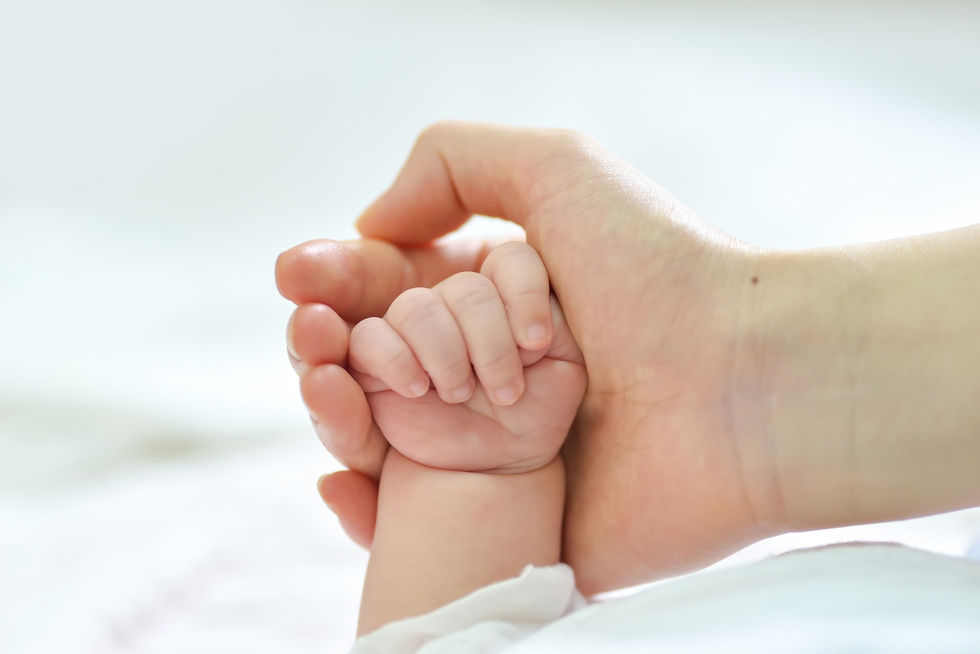What to Expect During Your IVF Treatment in Ahmedabad
- shachihospital61
- Jun 21, 2025
- 3 min read
If you're considering IVF in Ahmedabad, you're not alone. The city has become a popular destination for fertility treatments, offering a blend of experienced specialists, modern infrastructure, and affordability. Whether you're a local or traveling from another part of the country, understanding the IVF Treatment in Ahmedabad can help you feel more prepared and less overwhelmed.

1. Initial Consultation and Evaluation
The IVF process typically begins with an initial consultation. During this phase, both partners undergo various tests to determine the root cause of infertility. These may include:
Hormonal tests for the female partner
Semen analysis for the male partner
Ultrasounds to examine reproductive organs
Blood tests and possibly genetic screenings
This step helps the fertility team create a customized treatment plan tailored to your specific needs.
2. Ovarian Stimulation
Once the treatment begins, the female partner receives hormone injections to stimulate the ovaries to produce multiple eggs. This process lasts around 10–14 days and requires regular monitoring through blood tests and ultrasounds to track follicle growth and hormone levels.
3. Egg Retrieval (Ovum Pick-up)
When the eggs have matured, a minor surgical procedure is scheduled to retrieve them. This is usually done under mild sedation and takes around 20–30 minutes. Most patients can return home the same day and resume normal activities within a day or two.
4. Sperm Collection and Fertilization
On the same day as the egg retrieval, a sperm sample is collected from the male partner. The retrieved eggs and sperm are then combined in a lab under controlled conditions. If needed, advanced techniques like ICSI (Intracytoplasmic Sperm Injection) may be used to enhance fertilization.
5. Embryo Development
Over the next few days, the fertilized eggs (now embryos) are carefully monitored in the lab. Depending on their growth and quality, one or more embryos may be selected for transfer. Some couples may also choose to freeze additional embryos for future use.
6. Embryo Transfer
The embryo transfer is a simple, non-invasive procedure and is typically done 3–5 days after egg retrieval. The best-quality embryo is transferred into the uterus using a thin catheter. You may be advised to rest afterward, but it's usually a painless, outpatient procedure.
7. The Two-Week Wait
Perhaps the most emotionally challenging part of the process, the two-week wait involves waiting to take a pregnancy test. During this time, you'll likely continue hormonal support and be advised to avoid strenuous activity. It’s important to manage stress and stay positive during this period.
8. Pregnancy Test and Follow-Up
Approximately two weeks after the embryo transfer, a blood test is performed to check for pregnancy. If the test is positive, further ultrasounds and blood tests follow to monitor the early stages of pregnancy. If it's negative, your fertility team will guide you through next steps and potential future cycles.
IVF in Ahmedabad: What Sets It Apart?
Ahmedabad has become a sought-after location for IVF in Ahmedabad due to its combination of:
Affordable treatment costs compared to metro cities
Access to experienced professionals and well-equipped labs
Supportive environment and good connectivity for out-of-town patients
Many clinics in Ahmedabad also offer counseling services, donor programs, and fertility preservation options.
Final Thoughts
IVF is a journey filled with hope, patience, and emotional highs and lows. Knowing what to expect each step of the way can make the process less daunting. Ahmedabad offers a nurturing environment with modern medical support to help you navigate this important chapter in your life. Whether it’s your first cycle or a continuation of your fertility journey, being informed and emotionally prepared can make all the difference.



Comments